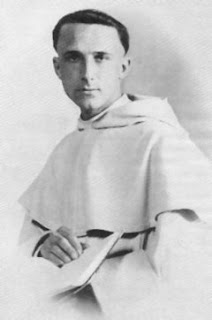
When a child has to walk through the woods in the dark, he feels frightened however convincingly he has been shown that there is no reason at all to be frightened. As soon as he is alone in the darkness, and thus has the experience of utter loneliness, fear arises, the fear peculiar to man, which is not fear of anything in particular but simply fear in itself. Fear of a particular thing is basically harmless; it can be removed by taking away the thing concerned. For example, if someone is afraid of a vicious dog, the matter can be swiftly settled by putting the dog on a chain. Here we come up against something much deeper, namely, the fact that where man falls into extreme loneliness he is not afraid of anything definite that could be explained away; on the contrary, he experiences the fear of loneliness, the uneasiness and vulnerability of his own nature, something that cannot be overcome by rational means. Let us take another example. If someone has to keep watch alone in a room with a dead person, he will always feel his position to be somehow or other eerie, even if he is unwilling to admit it to himself and is capable of explaining to himself rationally the groundlessness of his fear. He knows perfectly well in his own mind that the corpse can do him no harm and that his position might be more dangerous if the person concerned were still alive. What arises here is a completely different kind of fear, not fear of anything in particular, but, in being alone with death, the eerieness of loneliness in itself, the exposed nature of existence. How then, we must ask, can such fear be overcome if proof of its groundlessness has no effect? Well, the child will lose his fear the moment there is a hand there to take him and lead him and a voice to talk to him; at the moment therefore at which he experiences the fellowship of a loving human being. Similarly, he who is alone with the corpse will feel the bout of fear recede when there is a human being with him, when he experiences the nearness of a "you". This conquest of fear reveals at the same time once again the nature of the fear; that it is the fear of loneliness, the anxiety of a being that can only live with a fellow being. The fear peculiar to man cannot be overcome by reason but only by the presence of someone who loves him.
--Cardinal Josef Ratzinger (Pope Benedict XVI), Introduction to Christianity, 1968



















